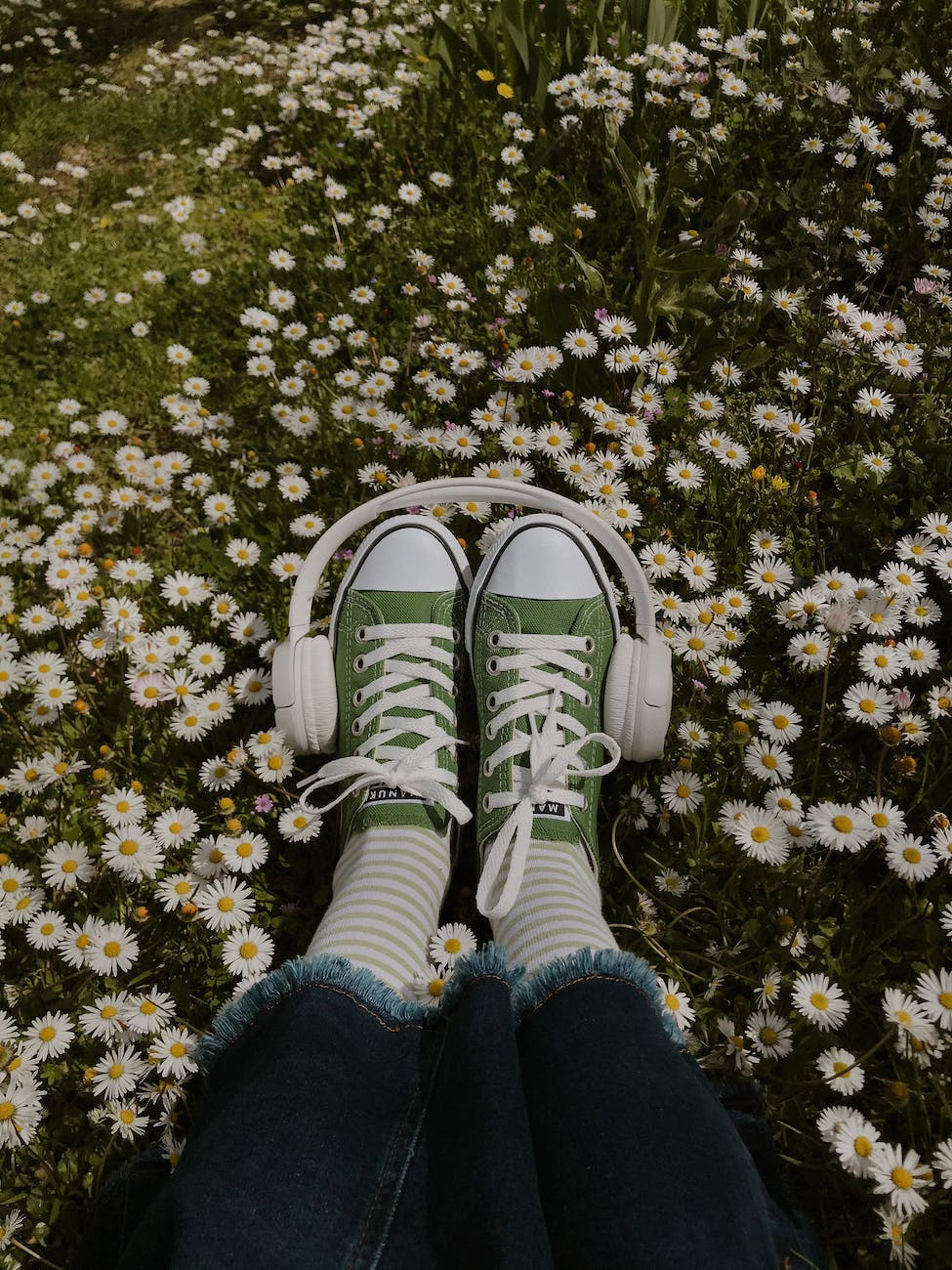By Shannon Bussnick, LSW
Have you ever noticed how silence can be both a source of tranquility and a trigger for discomfort?
It’s a peculiar balance for many of us to find and step into—that happy medium of voicing, listening, and being.
While I’ve typically been someone who finds solace in the silence, there have certainly been moments where the incessant hymns of psychosocial pressure ringing in my ears left me hurriedly crafting an unnatural, conversational bridge to ease my discomfort. This is why exploring silence can help us understand the inner self, our wants and needs, as well as those of others.
In this post, we’ll explore the various ways silence influences our lives, our thinking, and our overall health.
If you’ve found your way here, it’s important to remember that silence affects each of us differently, based on many aspects. Still, silence has many benefits, and I encourage you to incorporate it into your life in whatever way you find useful.
Silence Across Generations: A Changing Soundscape
Different generations perceive silence in varied ways. For the digitally immersed generations, silence might feel like an eerie void, whereas older generations may see it as a golden opportunity for reflection.
Of course, this is not always true across the board, but it’s important to consider how this divide in communication preferences reflects the changing nature of our world and the ways we interact with quietness.
Cultural Ties to Silence
Generally speaking, in Eastern cultures, silence is often associated with wisdom and introspection, while Western societies may view it as an awkward mishap or unproductive lapse. This cultural lens through which we view silence can greatly influence our comfort level with it and our ability to harness its power.
Mindful vs. Stressed States
Silence can also affect us differently depending on our mental state.
In a mindful, calm state, silence can be rejuvenating—seeming to be just what the doctor ordered. Yet, when stressed or tense, the same silence can feel suffocating, emphasizing any discomfort or unpleasant emotions we may be feeling.
Understanding how to navigate these waters, using silence as a tool for mental clarity and as a signal to address underlying anxieties, is crucial for introspection, personal growth, and long-term emotional wellness.
Breaking the Silence
So, why else do we feel compelled to fill the silence with noise?
This urge likely stems from our brain’s desire for stimulation, reward, and validation. Learning to sit with silence, to let it envelop us and guide us to introspection, can lead to greater self-awareness and peace.
It’s not always easy to embrace the unknown, to trust the stillness, which is why practicing self-discipline can aid in how we achieve our own practical balance.
Silence in Coping and Health
Learning to embrace the quiet also plays a crucial role in our mental health and coping strategies.
For some conditions, like anxiety or many trauma-related conditions, silence can allow space for processing and healing.
However, it can be equally challenging for those who prefer, or are accustomed to, constant stimulation; who may hold a different perspective or experience attributed to lack of noise; or who encompass a unique set of social skills that divert from neurotypical styles of communication.Recognizing and respecting these differences is key to utilizing silence (and noise) as a therapeutic tool.
Balancing the Noise or Lack of
But how do we strike a balance between the quiet and the spoken word?
Silence enhances our listening skills and empathy, while speech facilitates expression and connection. Finding harmony between these two can lead to improved mental health and more meaningful relationships.
If you find you’re someone who struggles with pressured speech, as I do myself, implementing techniques such as counting to five or intermittent deep breathing can help delay response time while increasing mindfulness.
It may also help to be transparent about your journey if it could benefit personal or professional relationships. Asking for feedback from those close to you, or a mental health professional, may also provide helpful insight about your progress.
Food for Peace and Quiet
So, let’s pause for a moment.
How do you perceive silence?
Is it comforting or unsettling?
Try to reflect on your personal journey with silence and consider what it reveals about you. More often than not, there is a parallel between how we receive silence and our embedded self-esteem and mental health.
The Power of Silence is a Force
Ultimately, silence is more than just the absence of sound. It’s a complex, multifaceted experience that can teach us, heal us, and connect us in ways words cannot. It can shed light on our discomforts, clearing a path for an ever-evolving journey of self-development and self-acceptance.
In learning to embrace the quiet moments, we discover the profoundness that exists beyond our previous parameters—where restoring and re-centering require no soundtrack, really no words at all.

Leave a comment